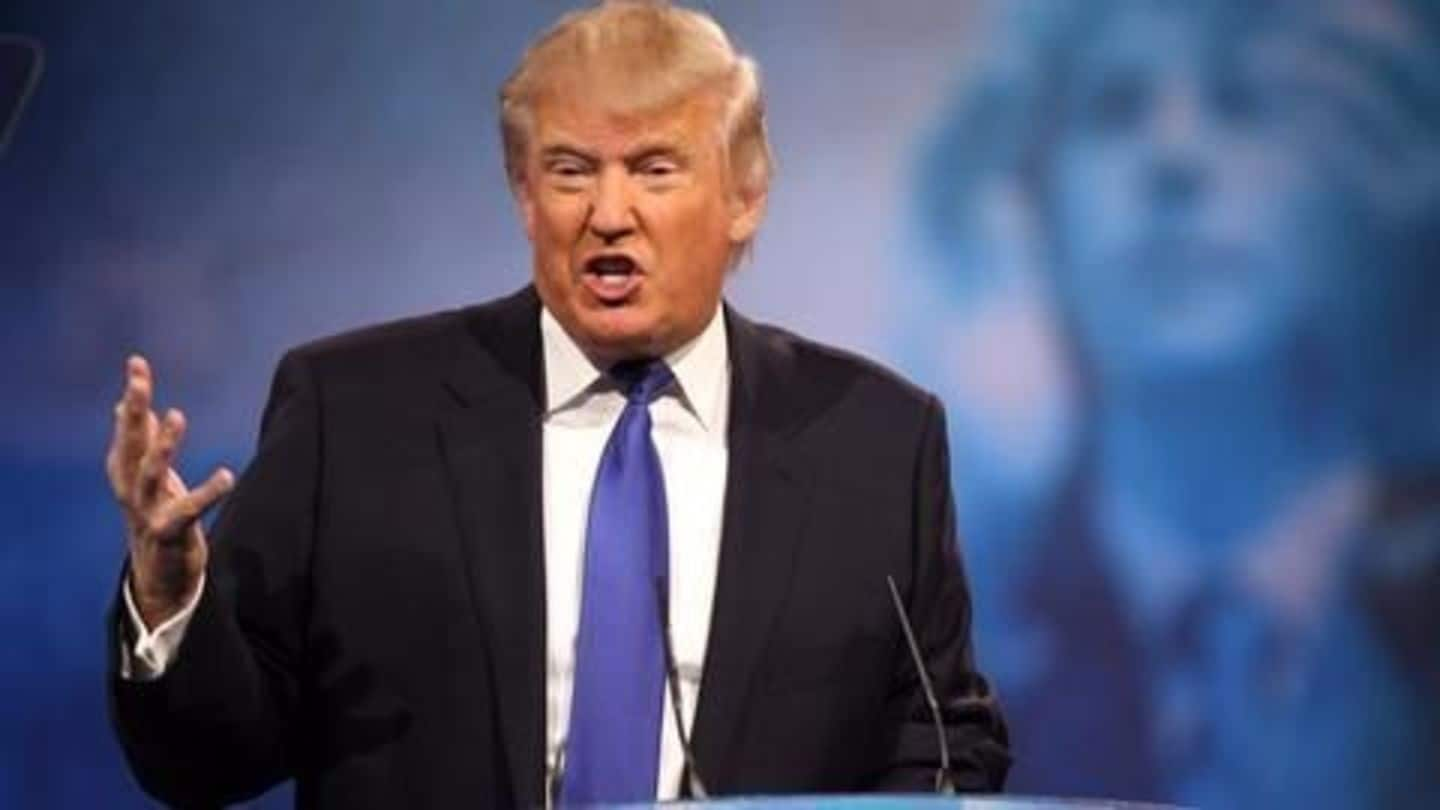
Obamacare repeal: House passes Republican health care bill, Senate awaits
What's the story
Symbolizing a major legislative landmark under the Trump presidency, the Republican dominated US House of Representatives voted to repeal parts of Obamacare including insurance coverage for people with "pre-existing conditions", intending to replace it with the Republican-sponsored American Health Care Act. The bill is now set to face a tough fight in the Senate where the Republicans are lesser in numbers.
About
What is Obamacare?
Regarded as one of Obama administration's flagship initiatives, the Affordable Care Act, 2010 sought to provide health insurance coverage to 15% of Americans, eventually aiming to slash US health care spending, considered the world's highest. It sought to make health insurance mandatory, while introducing subsidies to render it more affordable. It further tightened regulations on insurance companies and employers, instituting a people-friendly regime.
Do you know?
Why do the critics not like Obamacare?
Republicans describe Obamacare as a "job killer" increasing expenditure. Obamacare implementation was riddled with flaws, with many insurance companies opting out due to increased costs driven by low participation. Further the subsidies were found falling short in many cases, giving citizens little incentive to enroll.
Background
Why is this being done?
The House has been under increased pressure from the President to produce legislative accomplishments, with speaker Paul Ryan twice failing to build consensus on the matter in the recent past. While Obamacare is hugely popular with the American public, Republicans have criticized it on many counts since its inception in 2010. Moreover, the Trump campaign had promised to scrap Obamacare once elected, citing ineffectiveness.
Features
What does Trumpcare propose to do?
The American Healthcare Act termed "Trumpcare" aims to reduce government interference in health care, providing people more options. It repeals taxes including penalty for not buying health insurance and allows states to be rid of the pre-existing conditions clause, which prevented insurance companies from charging higher rates from patients with pre-existing conditions. It further cut down on funds under Medicaid program for the poor.
Information
Music in the House!
While the Republicans reportedly listened to the Rocky theme song, to pump themselves up ahead of voting , the Democrats sang "Na na na na hey hey hey goodbye", following the results, hinting at how the vote would cost Republicans the 2018 mid-term elections.
Reactions
Who said what?
Democrats, not registering a single vote in favour, lambasted the bill stating that it would render health care unaffordable for many. House Minority leader, Nancy Pelosi noted the tax cuts would result in massive transfer of wealth to the rich. In response to the results, President Trump tweeted, "Our healthcare plan will lower premiums & deductibles - and be great healthcare!"
Analysis
What could happen now?
In order to receive Presidential assent, the Bill needs to go through the Senate in which the Republicans hold a slim majority of 52 out of 100. Few Republican defections can therefore seal the fate of Trumpcare. Experts consider striking down the pre-existing conditions clause of particular concern as higher costs would render insurance inaccessible to vulnerable groups including the elderly.
Conclusion
Obama's legacy: Separating chaff from grain
Trump's policy prescriptions have often been labelled outrageous compared to Obama's. An examination of Obamacare alongside Trumpcare, reveal that Trumpcare has simply struck down and replaced what Obamacare failed to implement. For instance, the Supreme Court in 2012 noted, state implementation of Medicaid was voluntary already rendering it toothless. In this context, Trumpcare represents a more desirable option of providing workable solutions to people.